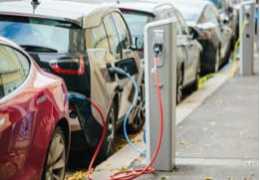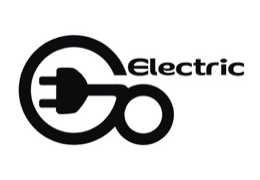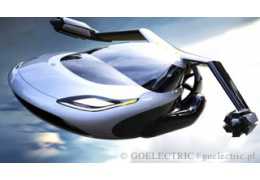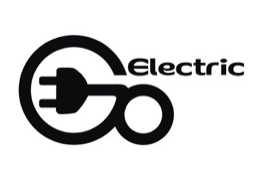Since the electric car of the future will be able to safely get us from A to B thanks to the automatic control, without any involvement in driving it, how will the concept of the vehicle expand as an everyday object? We can get a partial answer to this question and at the same time experience a taste of the future thanks to the MINI electric passenger car project.
The MINI Vision Urbanaut project shows us the wide possibilities of creative use of a small space of a car that can automatically change from something resembling a modern car with an independent place to work while traveling, into a full-fledged living room when stationary, when you cannot even see the dashboard, and a swivel seat or a fold-out the sofa allows us to take a nap, relax listening to music or admire the landscapes with lowered and properly transformed moving windows. Moreover, according to this design, the car of the future may offer several user-selectable modes, each of which will suitably transform the car for purposes such as: working, relaxing, talking to other passengers or interacting with the vehicle's surroundings.
[More: https://niezalezna.pl/364595-cyfrowa-wizja-samochodu-przyszlosci ]
We can imagine what the control of such a car will look like from the already existing technologies. Probably, we will rarely, if ever, reach for the steering wheel, preferring to relax, work or have fun while traveling, and the car will take us to the chosen place and fulfill our other intentions mainly through voice commands. In this way, we will be able not only to instruct the vehicle to reach the right place as quickly or as calmly as possible, but also, for example, to change the aforementioned vehicle mode or to provide different levels of access to our car to friends and family members.
When will these types of vehicles become commonplace? Given the pace of development of autonomous car technology, this is already possible at the end of this decade, but opinions are divided on this, even though there are already places where self-driving test cars, even such as publicly available taxis, operate quite well.
[More: https://www.bloomberg.com/features/2020-self-driving-car-race/ ]
Looking even further into the future, let's imagine that there are no more cars with the ability to take control of the controls (because they have been banned for reasons of "public interest" and "road safety", for example). What would the consequences be? Would the name "car" still be adequate in such a situation? Would our concept and sense of "road safety" or "freedom and autonomy of movement" change? Personally, I think they would not change significantly, if anything, for the better, but I leave the Readers with these futuristic questions for their own reflection.


























Leave a comment
Log in to post comments